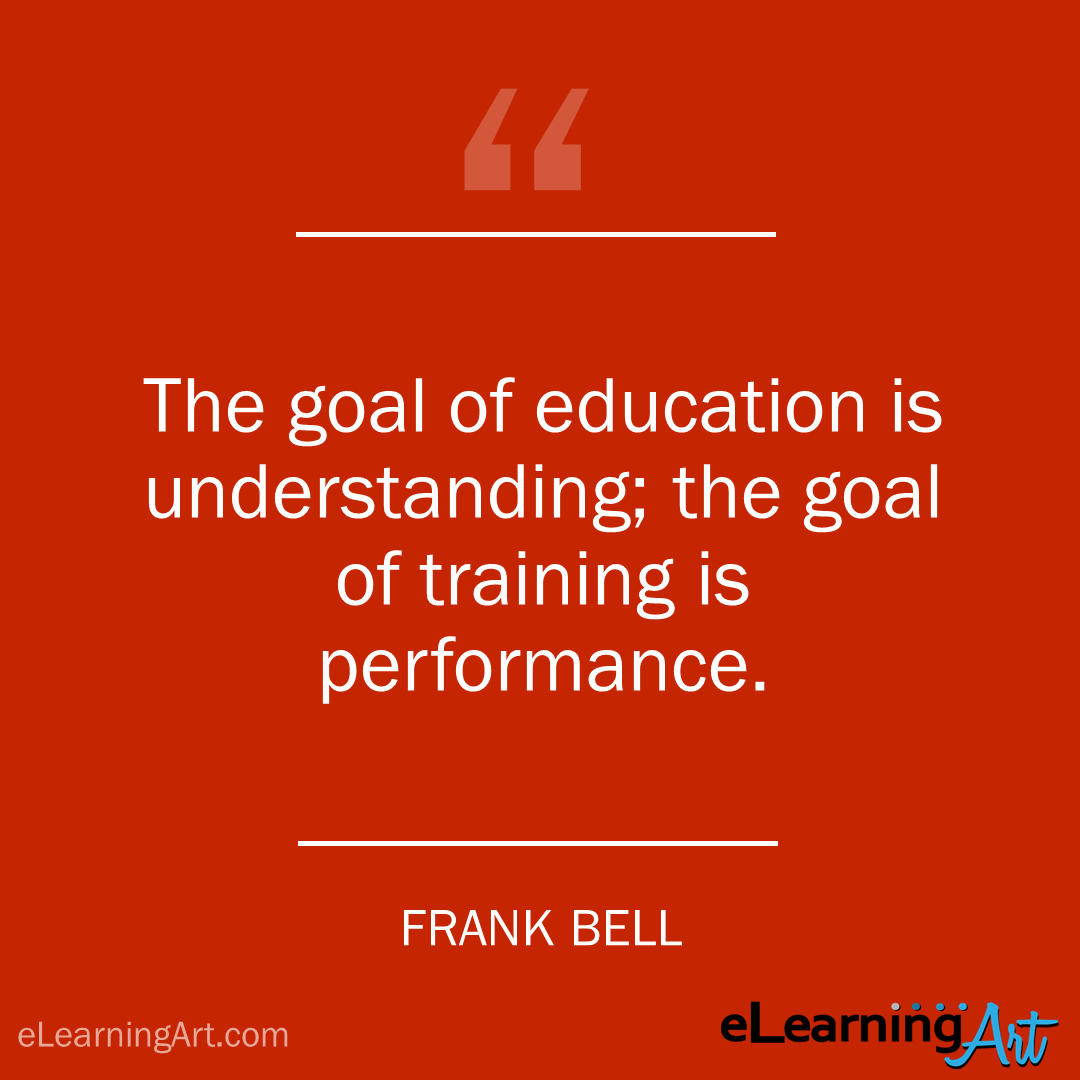Here is the video from our first class.
A major idea from the session is that, before we can change our emotional state, we need to be aware of our state. Jeff presented a "mood meter" that enables us to place labels on what we're experiencing. As I point out in the video, the very act of identifying what we're feeling enables us to be an observer of our experience--not one who is wrapped up in their experience. This coming Thursday midday, we'll discuss--in the context of the market trade that morning--what to do once we observe our emotions, so that we can stay constructively engaged in our trading. I look forward to getting a video for that session as well.
Now here's an important point that we rarely encounter. It comes from the book I'm currently writing, which integrates positive psychology and trading psychology:
Awareness of our positive emotional states is every bit as important to our trading as awareness of our frustration and negativity.
If we are aware of the emotional signs that accompany our best trades--our feelings of understanding and confidence--that awareness helps us take larger risk when the expected value of our trades is best. We have positive triggers for our best trading just as we have triggers that set off our worst trading. Recognizing our positive triggers in real time enables us to make the most of the opportunities that present themselves. This is why it's important that our "mood meters" capture the best as well as the worst of our trading experience.
More to come!
Brett







